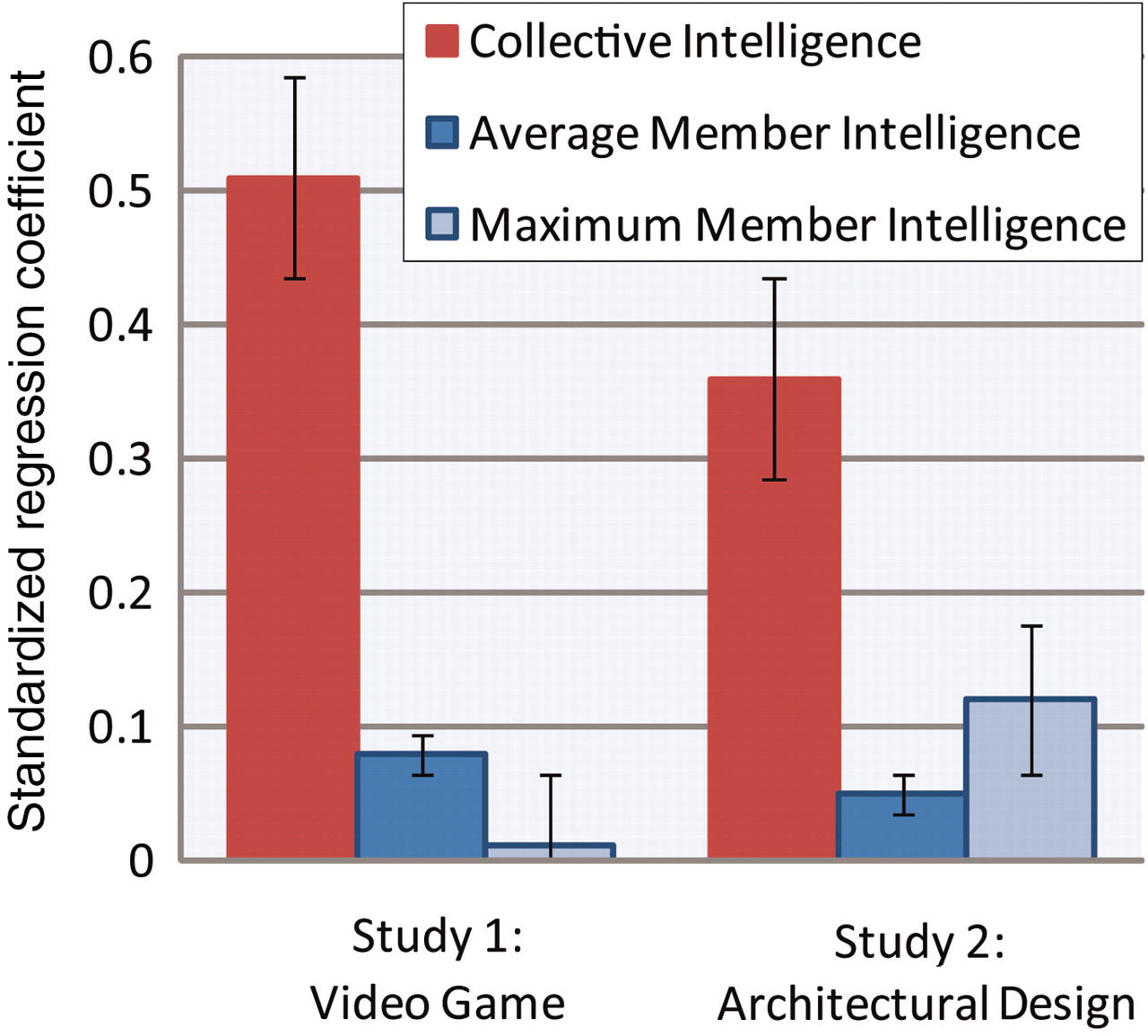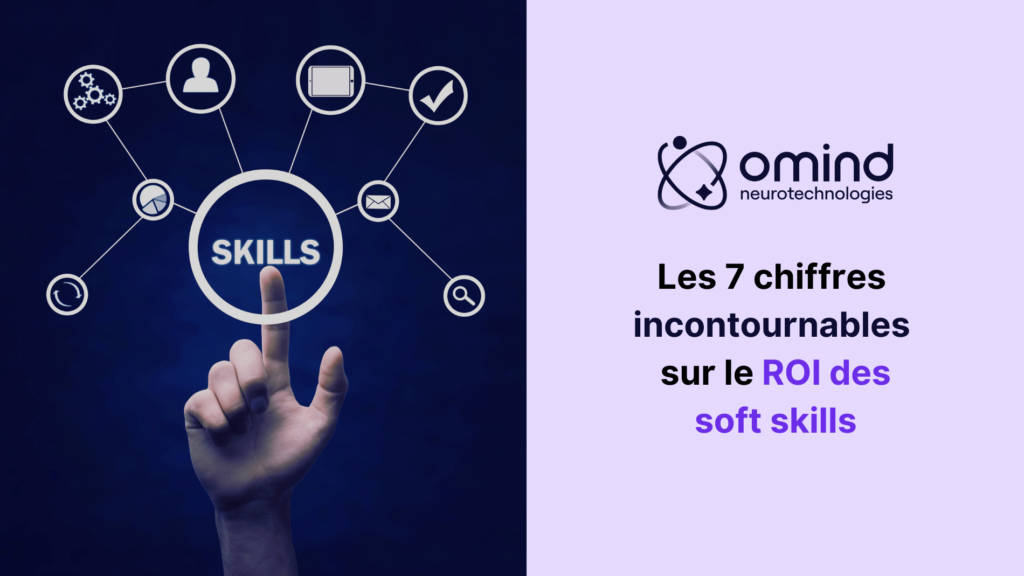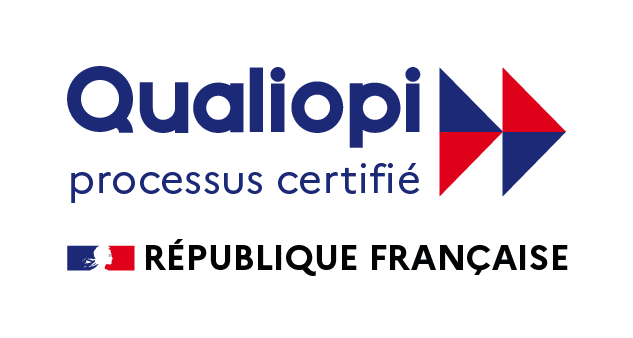Soft skills are at the heart of professional success. A Skill Survey reveals that 77% OF EMPLOYERS place them above technical skills. Their impact is tangible and measurable, with thousands of robust publications published on the subject over the past 25 years.
Discover the 7 KEY FIGURES that illustrate the return on investment (ROI) of soft skills at company level, for individuals, and for society as a whole ⬇
DOWNLOAD THE INFOGRAPHIC ON THE KING OF SOFT SKILLS

+17% to +35% financial performance
The Harvard Business Review¹ conducted a benchmark study analyzing three groups of 575 listed companies from a variety of sectors. Researchers compared the stock market performance of companies investing heavily in human capital, including training and coaching, against the average between 1997 and 2003. The result is clear: companies focused on HUMAN SKILLS DEVELOPMENT saw their share price increase by 17% À 35%.
+20% to +35% performance by managers
In industry, a Stanford study of 35,000 factories² between 2010 and 2015 revealed that better management practices increased PRODUCTIVITY AND MARGINS BY 20%.. This effect is comparable to R&D spending and twice as important as investment in digital, IT and technology. What’s more, it outstrips by 1.5 TIMES THE IMPACT OF ARTIFICIAL INTELLIGENCE (14%) according to Stanford University³. Recent work in France by Liepp indicates that improved management can add 35% value⁴.
+23% performance for all employees
In the service sector, a 2020⁵ American study showed that behavioral skills training had a positive impact on employees, improving the QUALITY OF SERVICEtheir ADAPTABILITY and their BUSINESS PERFORMANCE.
3 to 5x more impact on team performance than IQ
In two large-scale studies conducted by MIT in 2010⁶, involving a total of 700 people divided into teams of 2 to 5 members, participants were faced with more than 10 varied collaborative projects, ranging from travel planning to complex architectural tasks. The results of these studies reveal that individual intelligence quotient (IQ) and average team IQ have little influence on collective performance in these projects. It’s the EMOTIONAL SENSITIVITY and EMPATHY that make the difference, with an impact 3 TO 5 TIMES on overall team performance!

“Scientific research has shown that behavioral skills programs can increase p&l performance by up to 50% IN P&L (Profit & Loss) performance, but also reduce the frequency of burnout.
Programs combining innovative technologies and real-time data measurement help to improve stress management, perspective-taking, creativity and decision-making by between 20 TO 35 POINTS.“
Omind Neurotechnologies programs accelerate talent development in soft skills through a unique combination of coaching, immersive experiences, gamification and neuroscientific data.
¹ How’s Your Return on People? (hbr.org), Bassi, L., McMurrer, D. (2004).
² How Much Does Management Matter to Productivity? | Stanford Graduate School of Business. Savchuk, K. (2019).
³ Generative AI at Work | NBER. Brynjolfsson, E. Danielle Li, D. Raymond,L. (2023).
⁴ “What do we know about work?” : the quality of management, a non-negligible source of income. Rodier, A. (2023).
⁵ Deshpande, Sanjay K and Munshi, M., The Impact of Soft Skills Training on the Behavior and Work Performance of Employees in Service Organizations (March 9, 2020). The IUP Journal of Soft Skills, Vol. XIV, No.
⁶ Woolley, A. W., Chabris, C. F., Pentland, A., Hashmi, N., & Malone, T. W. (2010). Evidence for a collective intelligence factor in the performance of human groups. science, 330(6004), 686-688.

